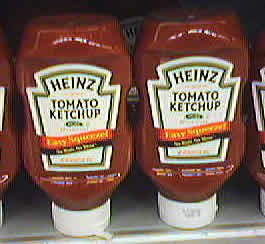Tom Peters in Re-Imagine!
For me business is personal, not an abstraction… I’m writing another book because I’m pissed off… I happen to believe that innovation comes not from market research or carefully crafted focus groups but from pissed off people….
Many people I’ve met who strive to be designers and innovators are driven by frustration with the world as it is, wanting to make it what it can (and should!) be. Anger acts as a useful driver for innovation; I know I nurture my inner fiestiness. But I also think anger acts as a hindrence to getting things done. You can’t always work angry, you can’t always communicate angry, and you can’t always lead angry.
Peters goes on to describe how innovation suffers when mostly well-intentioned people are thwarted by organizational barriers. True enough, but aren’t those organization barriers constructed of and by other people? Well-intentioned people get charged by inspirational ideas, but — my gut tells me –feel scared as hell to quit their own jobs and follow his advice. At some point the anger must turn into empathy in order to make progress. Fear of change and risk can be alleviated, but it requires more than anger or prodding.
There’s a function of emotional intelligence that must initially let the anger flow, and then when an idea has momentum the strong emotions should be channeled into more productive means. “I’m so angry and want to fix this stupid product/company so bad that I need to stop being angry and start understanding. I need to look for commonalities with people who act differently and find whichever approach is right for the situation to make progress.“
